The Sustainable Farming Scheme (SFS), set to launch on January 1, 2026, replaces the Basic Payment Scheme (BPS) to support sustainable agriculture in Wales. Administered by Rural Payments Wales, the SFS aims to enhance farm resilience, environmental sustainability, and food production through a three-tiered structure: Universal, Optional, and Collaborative Layers.
We’ve looked at the key components of the scheme that will potentially impact the Welsh meat and livestock industry the most.
The shift from the old Basic Payments System (BPS) to the new SFS introduces significant changes that could impact the supply of animals to Welsh abattoirs and meat processors.
There’s a looming ‘cliff edge’ of funding for those opting for transitional BPS funding which has been cut from 80% to 60% since the idea was first introduced, and which many farms had based their forward projections on. And, with proper technical detail and guidance on how the SFS will work still to be published, farmers can’t make informed decisions on whether to stick with the tapering BPS or join the new scheme in January 2026.
While it’s not yet clear, the transition may reduce financial support for some livestock farmers if the new costs incurred for Universal Actions like training and veterinary assessments outweigh the various new payments. This could all lead to upward price pressure, reducing herd sizes or even exits from the industry.
The Universal Action mandating habitat maintenance and creation (UA5 in the document) requires farmers to give-over 10% of their land as habitat (e.g. semi-natural or temporary habitats like fallow margins). While this may not impact productivity for some farms, smaller farms (under 20 ha) may struggle with habitat requirements. It could cause some to potentially exit livestock production, which would disproportionately affect local abattoirs reliant on small-scale suppliers (55% of Welsh farms are under 20 ha, according to a 2022 Welsh Senedd research publication). The SFS document provides no specific projections on livestock numbers, nor has the Welsh Government published any impact assessment and modelling of the scheme.
In addition, an increased focus on organic farming and reduced chemical inputs may improve meat quality but could lower yields, affecting supply volumes.
One thing we noticed in the Optional Layer for additional payments is that financial support for Sustainable Production (e.g. rotational grazing, reduced feed/fertilizer use) will be limited to Welsh-born and bred beef animals registered with the British Cattle Movement Service (BCMS). While this could potentially boost local supply chains, it would exclude cross-border or imported stock.
This cross-border movement of animals is integral to the way the livestock farming system works in the UK, with herds often being a mix of Welsh-born and animals brought in from elsewhere in the UK. It’s not a conveniently closed-loop system in each of the devolved nations. So, this new funding criterion will meddle with a system that has worked perfectly for decades and could prove unworkable.
With the Welsh meat and livestock industry already under pressure, we’re concerned about the potential supply disruptions the new SFS could precipitate.
It would seem to make sense to introduce a derogation or a sliding scale for habitat creation – for example 5% for farms less than 20 ha and 10% for larger farms – to protect small-scale livestock producers.
We’d also like to see expanded payments under the Sustainable Production theme to include sheep and dairy, not just Welsh-born beef, to support diverse meat supply chains.
Throughout the consultation process we’ve urged the Welsh Government to balance environmental goals with the economic viability of the meat and livestock industry, ensuring a stable supply for processors. As more detail is published, we’ll be further assessing the impacts on Welsh meat processors and lobbying the Welsh Government to take a pragmatic approach to our future food security.
We are the UKs largest trade body for the meat industry and provide expert advice on trade issues, bespoke technical advice and access to government policy makers
We are proud to count businesses of all sizes and specialties as members. They range from small, family run abattoirs serving local customers to the largest meat processing companies responsible for supplying some of our best-loved brands to shops and supermarkets.
We are further strengthened by our associate Members who work in industries that support and supply our meat processing companies.
We are the voice of the British meat industry.

17 Clerkenwell Green
Clerkenwell, EC1 0DP
Tel: 020 7329 0776